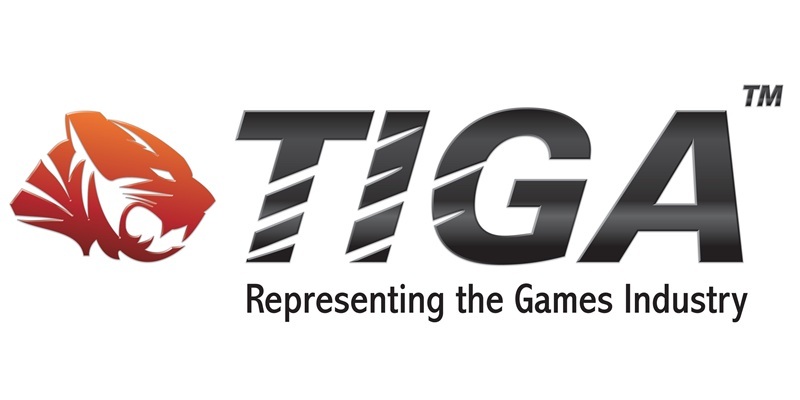Subsidies offered to overseas computer games developers remain a main barrier to growth in the UK industry, a survey has revealed.
Trade body TIGA sought the views of more than 100 British games studios, including a number in Dundee, in its latest annual survey into the state of the sector.
A third said progress was being hampered by subsidies offered to competitors abroad.
Countries including Australia, Canada and France, as well as 17 states in America, offer incentives for studios developing games on their patch and there have been repeated calls for similar measures in the UK.
TIGA’s survey found almost three quarters of UK developers were seeking tax breaks to help compete on a ”level playing field” with global rivals.
A fifth of respondents said they had lost staff to overseas firms and a further 40% said they had difficulty in accessing finance.
The survey also points to a shift in the UK market, with smartphones becoming the favoured platform for the first time.
The report reflects the fortunes of Dundee developer Denki, which was forced to downsize last year after being caught out when the focus of the games industry started to switch to the new gaming platforms.
Denki has since restructured, developed and launched iPhone and iPad title Quarrel (link), and started to recruit again.
Managing director Colin Anderson said the firm hoped to return to its previous size and said tax relief would help make that goal of growth more achievable for studios.
”The trend to digital distribution has been a hugely disruptive influence on the market and many of the games companies ourselves included were caught out by the speed of that change,” said Mr Anderson.
”Overseas economies such as Canada and Australia have recognised this ‘disruptive moment’ as their chance to catch up with the UK. The best way they can do that is essentially by buying jobs for their country through tax breaks.”
